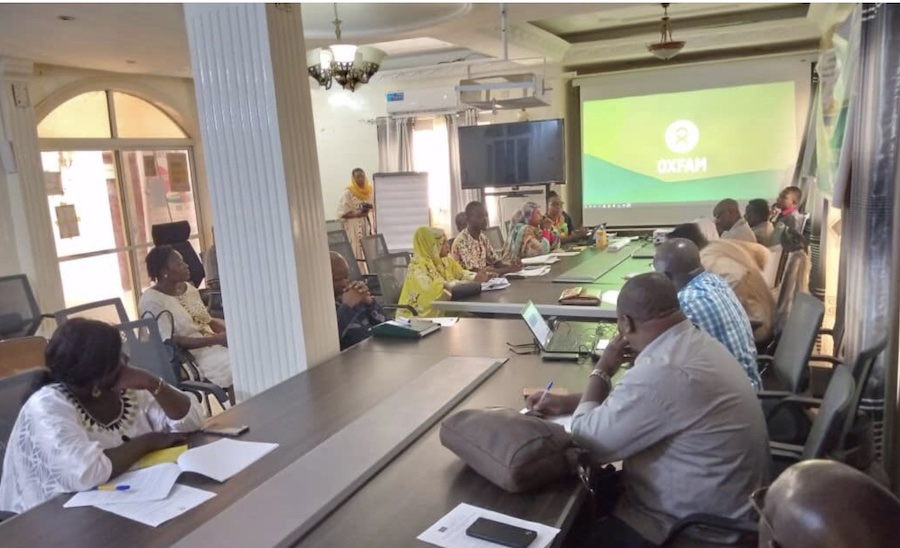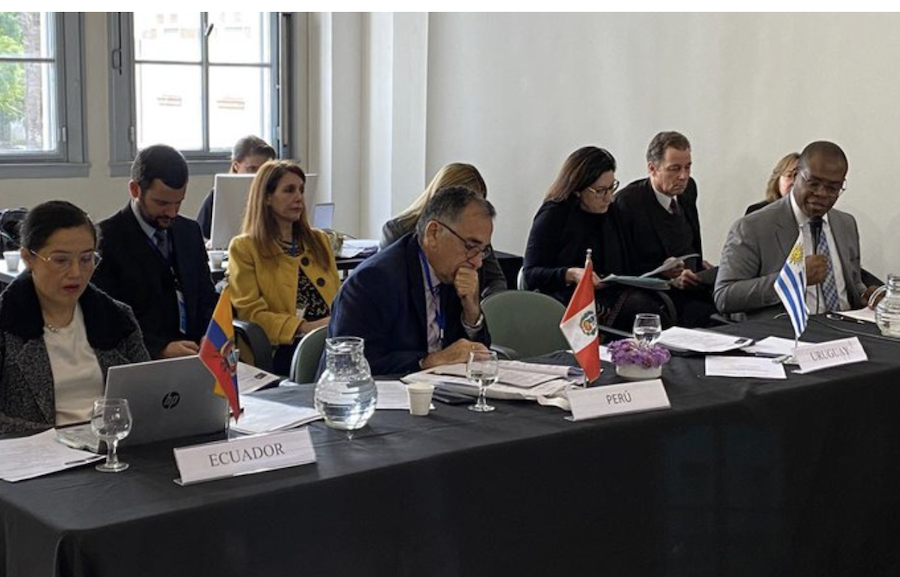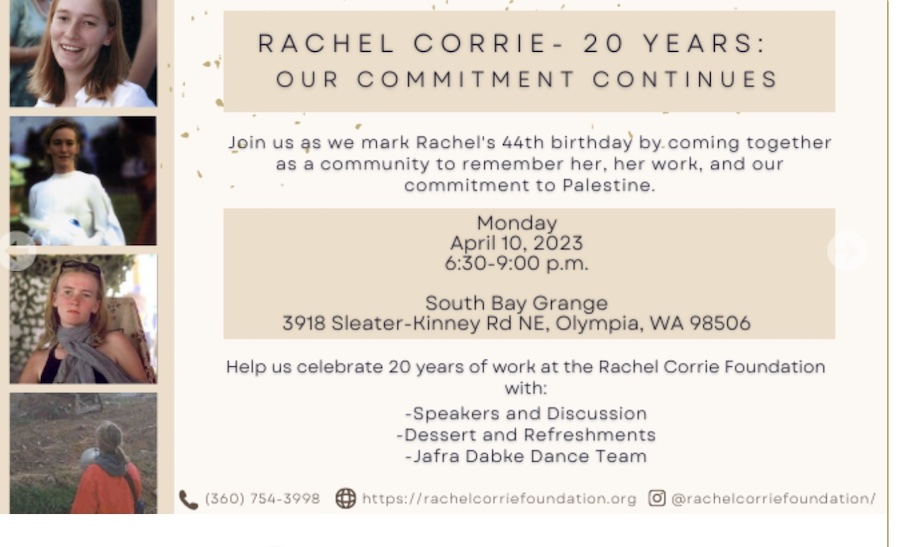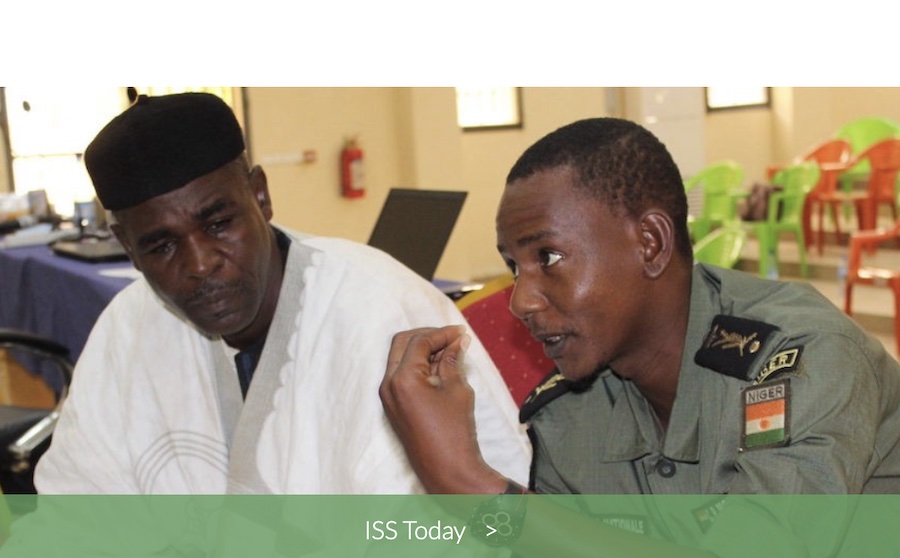TOLERANCE AND SOLIDARITY .
An article from Financial Afrik (translation by CPNN)
“We must dialogue with armed terrorist groups”. This serious sentence pronounced by General Djibril Bassolé, former Minister of Foreign Affairs of Burkina Faso, caused a sensation during the very restricted Global Security Forum in Doha (Qatar). On the sidelines of this international forum held from March 13 to 15, 2023 and dedicated to leaders and experts in international relations, strategy and security, the former United Nations and African Union mediator for Darfur and former special envoy of the Organization for Islamic Cooperation (OIC) for Mali and the Sahel, spoke with Financial Afrik.
“I am one of those who think that in Africa, the centralized Jacobin State that we inherited it from the colonizer is showing its limits”
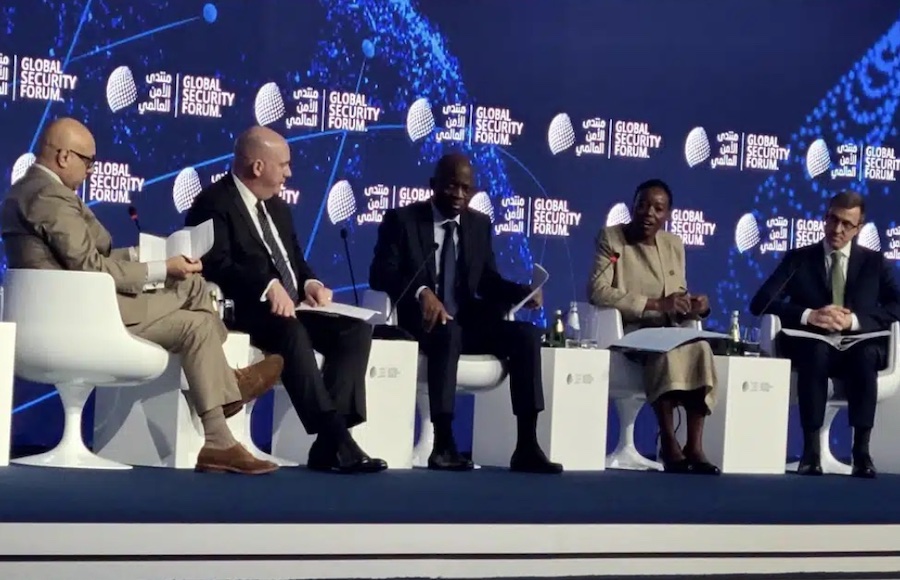
FA: Hello General! You are currently in Doha to take part in the Global Security Forum and to advocate dialogue with terrorist groups. Can you explain to us exactly how dialogue with such extremist groups is possible and can lead to peace?
First of all, I would like to express my gratitude to the Qatari authorities and the organizers for inviting me to take part in this Doha forum and to make a presentation during the panel on the experiences of conflict prevention and resolution by mediation.
I will answer your question by telling you what I have already explained to the panelists on the importance of dialogue. In most African countries that suffer from terrorist attacks, the origin of the aggressors has undergone a significant evolution.
Initially, it was exclusively an ideological and cross-border jihadism. In other words, the aggressors came from outside and often decided to die as suicide bombers. No dialogue was possible with such assailants.
Nowadays, jihadism takes the form of local or regional armed insurgencies. Young nationals of the targeted countries have massively enlisted in jihadist groups, in strategic and ideological alliances to wage armed struggles against their States. They attack the defense and security forces (symbols of State authority) and their fellow citizens with unprecedented violence.
FA: What explains why nationals massively adhere to jihadist organizations?
Presumably, the jihadists offer them a more promising social project. You know, the regions in Africa in which they operate are generally desert areas, which are characterized by precarious living conditions. As I said to the panellists, the jihadist phenomenon is superimposed on pre-existing local tensions and crises that we must never ignore. We must recognize that feelings of marginalization and frustration exist in certain regions that are disadvantaged by nature and can push a section of its populations, mainly young people, to join terrorist movements in order to benefit from their guidance and support.
FA: However, General, it will not be easy to separate things. Is a distinction possible between these jihadist groups, foreign attackers and local insurgents?
I agree it is difficult. But, given the complexity of the phenomenon, it must also be admitted that the military solution alone will not be able to eradicate it. To maximize the chances of restoring a lasting peace, States must promote channels of dialogue alongside robust military arrangements well suited to the nature of the terrorist threat because dialogue does not mean capitulation. A constructive dialogue needs a strong and credible state.
FA: The dialogue you advocate would be about what and with whom?
To establish a dialogue, a contact with the local insurgents, is essential. They are nationals who follow the jihadist movements because they have no other alternatives. A dialogue makes it possible first of all to better assess the situation of insecurity, to make a precise diagnosis and to identify the root causes of the massive adhesion of young nationals to terrorist actions.
(Article continued in the right column)
(Click here for the original French version of this article.)
Question for this article
Islamic extremism, how should it be opposed?
(Article continued from the left column)
Dialogue then makes it possible to reform the system of governance because I am one of those who think that in Africa, the centralizing Jacobin State as we inherited it from the colonizer is showing its limits. It will be necessary to reform the State so that it is better able to promote the general interest, to guarantee better governance, to ensure a better distribution of natural resources, in short, to give populations control of their destiny.
Finally, the dialogue will eventually make it possible to envisage peace talks or even negotiations, knowing that lasting peace generally passes through a national dialogue which will consolidate national cohesion.
In any case, dialogue is one of the typically African means of settling conflicts and easing tensions. I think that as Africans we must find our own ways to resolve the crises that have undermined our societies. In places, jihadism takes the form of an armed insurrection that could lead to a civil war.
FA: Do you know that part of public opinion is fiercely opposed to any form of dialogue with these terrorist groups?
I know this and I understand this entirely human reaction to the barbarity and cruelty of the crimes committed by armed terrorist groups. The question is how to stop the phenomenon of the rapid spread of terrorist acts and above all how to succeed in ensuring that young people are not attracted to this jihadism which they consider to be a form of armed struggle which will improve their living conditions.
Firmness and military response are essential to deter and protect populations and their property. But to create the conditions for a lasting peace, it is necessary to talk to and understand the young people who are attracted by the jihadist armed struggle.
In some cases like Cabo Delgado in Mozambique, or elsewhere in the Sahel, the forces of evil have succeeded in pitting communities against each other on a massive scale.
Can you imagine how many young soldiers will still have to be sacrificed and how many young jihadist nationals will have to be neutralized to consider that state X has won the war? And even if the regular defense forces would take over militarily, the problem would not be permanently solved.
Not to mention the humanitarian disaster of people fleeing conflict-ridden areas, the thousands of schools closed, the freezing of social and economic activities, etc.
FA: Qatar, where you are, is often accused of supporting jihadist organizations, particularly in the Sahel. What do you know?
I have never experienced this kind of support. When I was the United Nations and African Union Mediator for Darfur, Qatar hosted the peace talks that lasted almost 3 years and we succeeded in passing the Doha Document for Peace in Darfur (DDPD ) in July 2011. More recently, Qatar hosted in Doha for 5 months the representatives of the Chadian Government as well as the delegations of the armed opposition (called the politico-military) I worked with the Qatari mediation to achieve the signing in Doha, on August 8, of the so-called Doha agreement for peace in Chad.
During these common experiences, I rather found among the Qataris a good disposition to work for peace, stability and development in Africa. Above all, I remembered from them this culture of peace, tolerance and openness with a certain humility.
I have also taken the liberty during this forum to ask them to get involved in the search for lasting peace and development in the Sahel for the States that wish it of course. I also asked them to help provide emergency relief to displaced populations and above all to help these States to reopen schools in areas affected by conflict in order to save a whole generation of children from the jihadist danger.
Regarding you personally, General, how is your health?
I thank God for the completely satisfactory evolution of my health according to the attending physicians. I underwent a major surgery that saved my life. The follow-up and periodic checks are continuing well by the specialized center of the Saint Louis hospital in Paris, which took good care of me.
Where are you with the legal proceedings that pronounced a sentence against you for your involvement in a case of attack on state security in Burkina Faso?
This question, like all those of a political nature, arouses so much passion and controversy that I prefer to leave it to my lawyers to manage it in serenity and respect for the rules of procedure. As for me, I only wish that, what is in reality only a cabal (all those who know the case agree) and the appalling legal hassles there, will have a happy ending with a truly independent justice in the greatest transparency.
For the time being, I find it wiser to concentrate my energies on rebuilding myself and making myself useful, particularly in the area of crisis resolution and armed conflict, as I have had the privilege of doing throughout my career in security service and then diplomacy.
